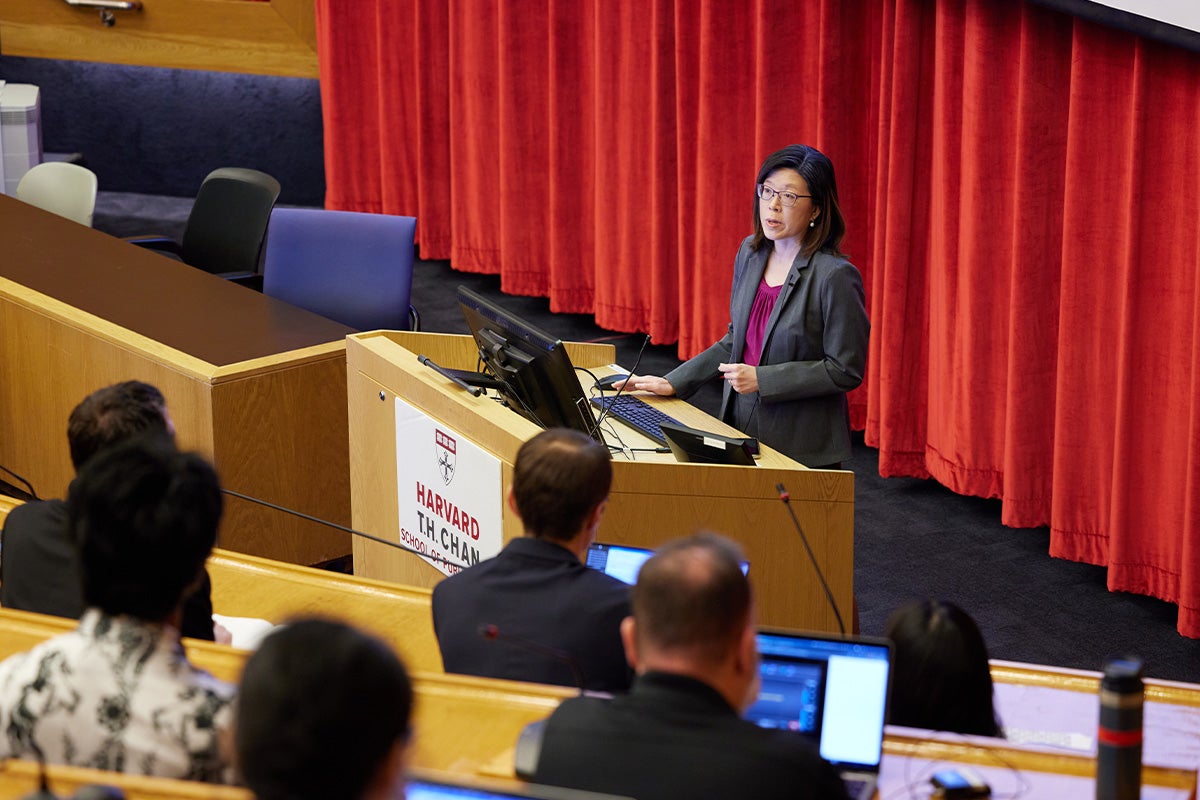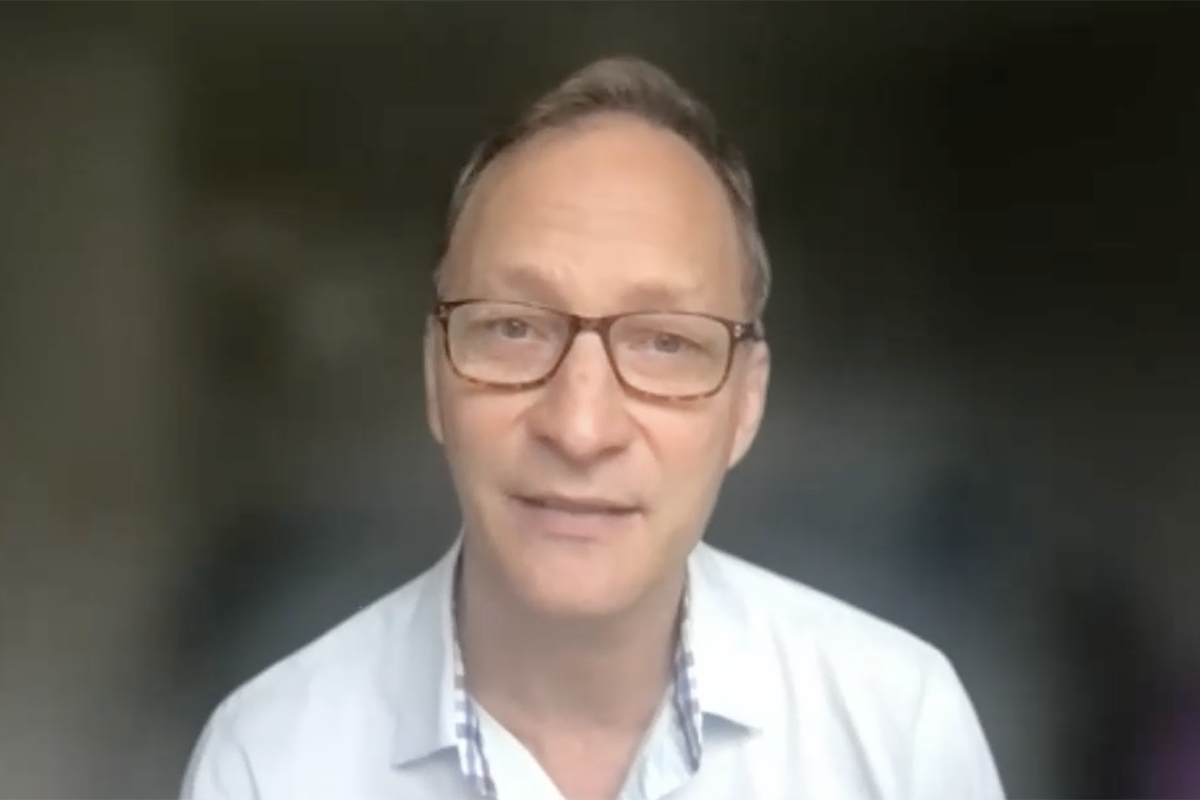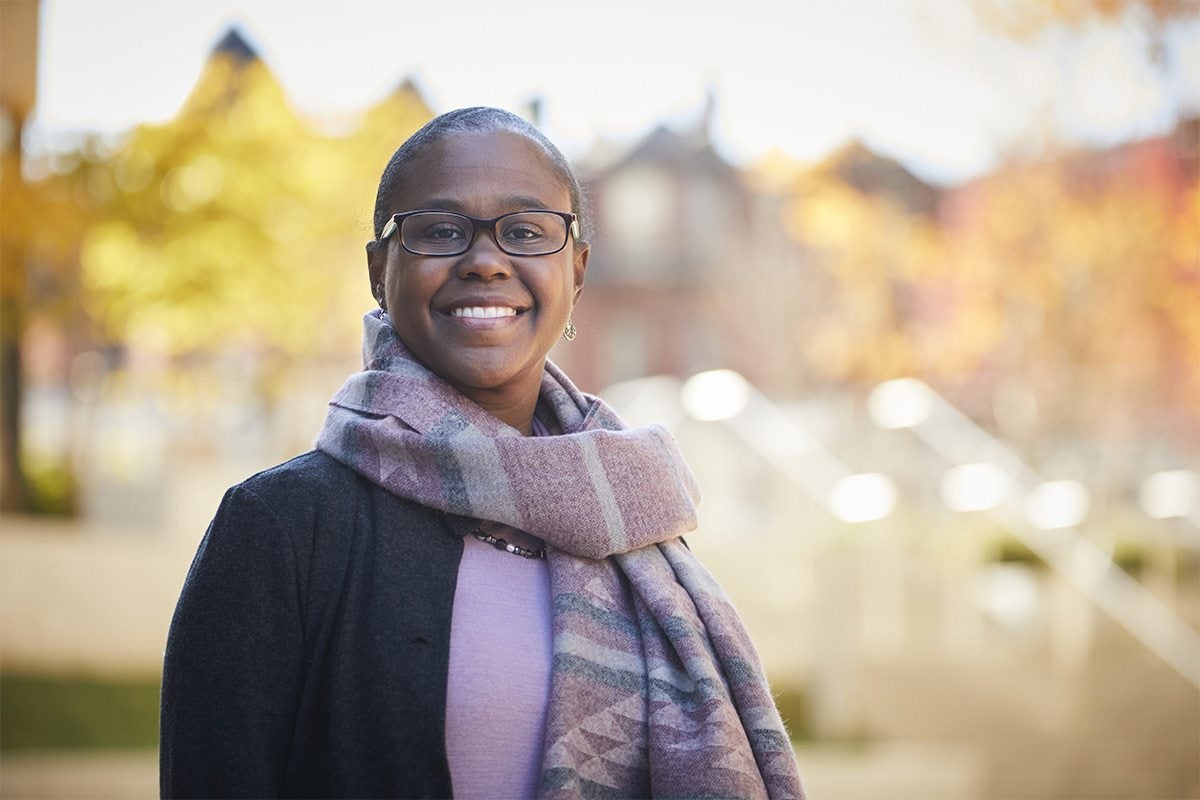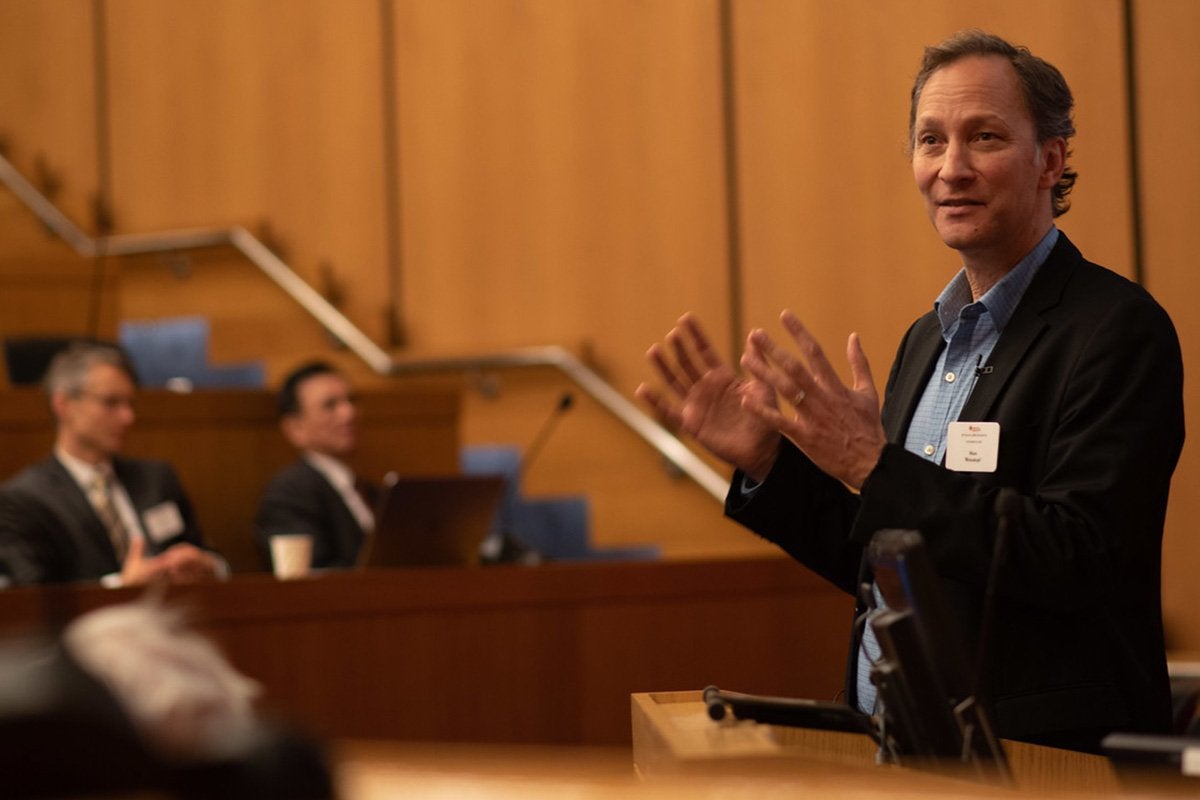Overview
Research Interests
Why can some people tolerate exposure to DNA damaging agents such as radiation, sunlight, reactive oxygen species and tobacco smoke, while others develop disease? Why do some cancers respond to radiation and chemotherapy, while others do not? Research in the Nagel lab is focused on finding answers to these questions by studying DNA repair. We are using novel multiplex, cell-based DNA repair assays (FM-HCR) together with biochemical and biophysical approaches to understand DNA repair at the molecular, cellular and population levels, with the long-term goal of advancing personalized prevention and treatment of disease.
One area of research is focused on defining the structural and mechanistic biology of the molecular machines that repair DNA damage. This project is aimed at understanding how mutations affect the function of DNA repair complexes, and identifying cancer-specific therapeutic targets.
A second major initiative is to measure DNA repair capacity in cancer cells and generate mathematical models that predict whether cancer cells will be sensitive to killing with specific DNA damaging agents. The goal of this project is to identify personalized cancer therapy strategies.
A third major interest involves measuring inter-individual differences in DNA repair capacity in non-cancerous cells. The goal of this work is to identify functional biomarkers that can be used for individualized predictions regarding disease risk and sensitivity to exposure to radiation and other DNA damaging agents.



